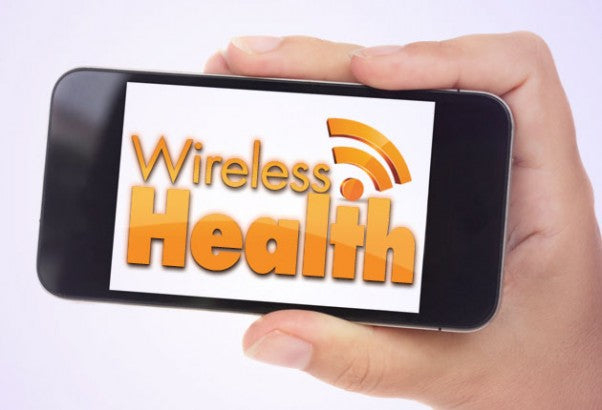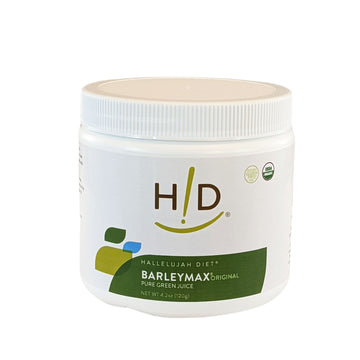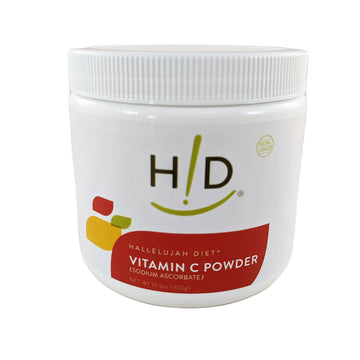More people like you are paying attention to their health, but how they keep track of their health differs widely.
According to the Pew Research Center, 69% of American adults track health indicators like weight, diet, and exercise routines, and 33% pay even closer attention, monitoring their blood pressure, blood sugar, headaches, or sleep patterns.
However, nearly 50% simply keep tabs of these things in their heads. About 30% of people use old school pen and paper to keep track, but an increasing amount of people are using technology to keep track, particularly with their smartphones.
According to The New York Times, more than 500 companies have developed more than 13,000 smartphone apps for keeping track of your health — that's an increase of 35% from this time last year! People are using them to keep track of everything from stress levels to Crohn's disease and diabetes.
Tracking apps are great and all, but is it too much? For some people, micro-managing their health can get out of hand (which can throw your health out of whack).
Take those handy little pH test strips, for example. Some people feel the need to test their saliva pH twice a day and use it as their prime indicator of whether their body is acidic or alkaline.
The truth is, your pH is going to change drastically throughout the day depending on many different factors; using pH test strips as a prime source of information as to what you should eat or not eat is an unbalanced approach. If used at all, they need to be considered just one of many tools to create a well-rounded supply of information with which to make health-related decisions.
If you use an app (or several) to keep track of your health, just remember that what they indicate is not the be-all-end-all of your state of health. After all, sometimes the best health indicator of all is how you feel about yourself — and there's no app for that.
How are you keeping track of your progress on The Hallelujah Diet? Comment below!








